The Bharat Singh Chauhan Interview (1)
Bharat Singh Chauhan is a noted International Organiser and the President of Delhi Chess Association. He is also the CEO of the All India Chess Federation (AICF), Deputy President of the Asian Chess Federation, Chairman of the Commonwealth Chess Association, and the Chairman of the FIDE Technical Commission. To the chessplayers in India, he is better known as the organiser of the best tournament in India in terms of quality and the prize fund. ChessBase India did an in-depth interview with Mr. Chauhan, who talked about chess in India, the work of AICF in developing chess, his ideas of making chess richer and spectator friendly, nurturing of young talents, entrepreneurship, the economics of chess, chess in schools programme, and more. Here is the first of our three-part interview.
The Bharat Singh Chauhan Interview (1)
On 2 January 2016, a heavily armed group attacked the Pathankot Air Force Station. The gun battle and the subsequent combing operation lasted about 17 hours, resulting in five attacks and three security personnel dead.
There were rumours flowing around that some of the terrorists may have escaped to the various cities that surround Pathankot, especially the capital city of Delhi. Amidst all such insecurity, when the chess players travelled to the Indian capital to play the thirteenth edition of the Delhi GM Open, popularly known as the Parsvnath tournament, they were quite understandably skeptical about their safety. But only until they reached the stadium where the tournament was being organised.
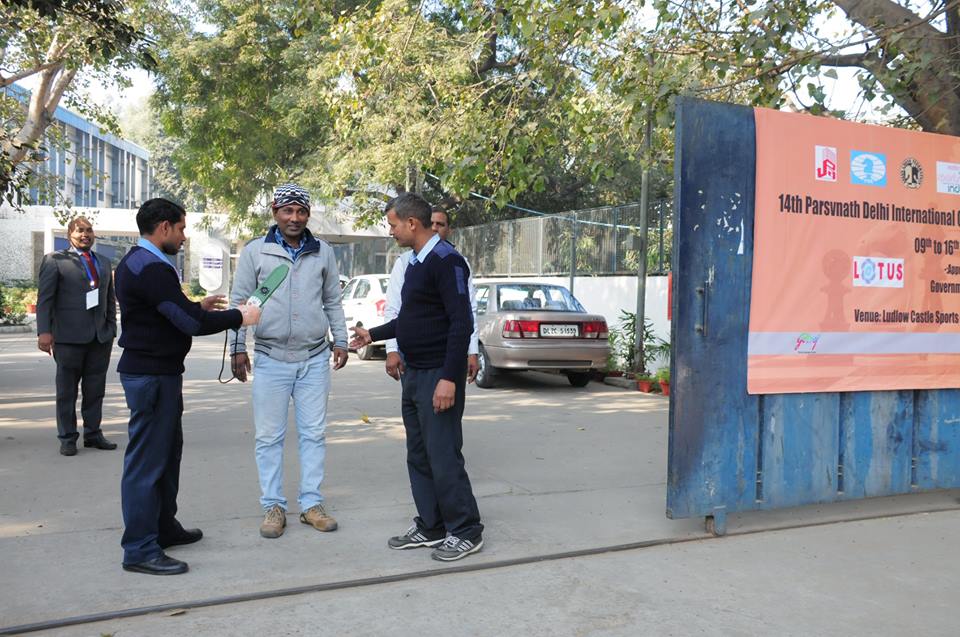
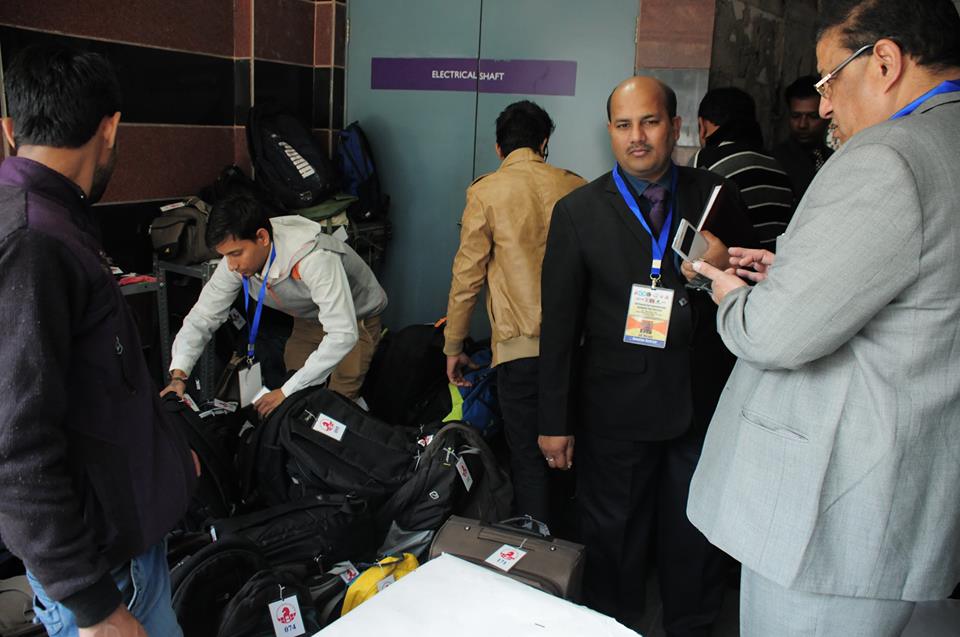
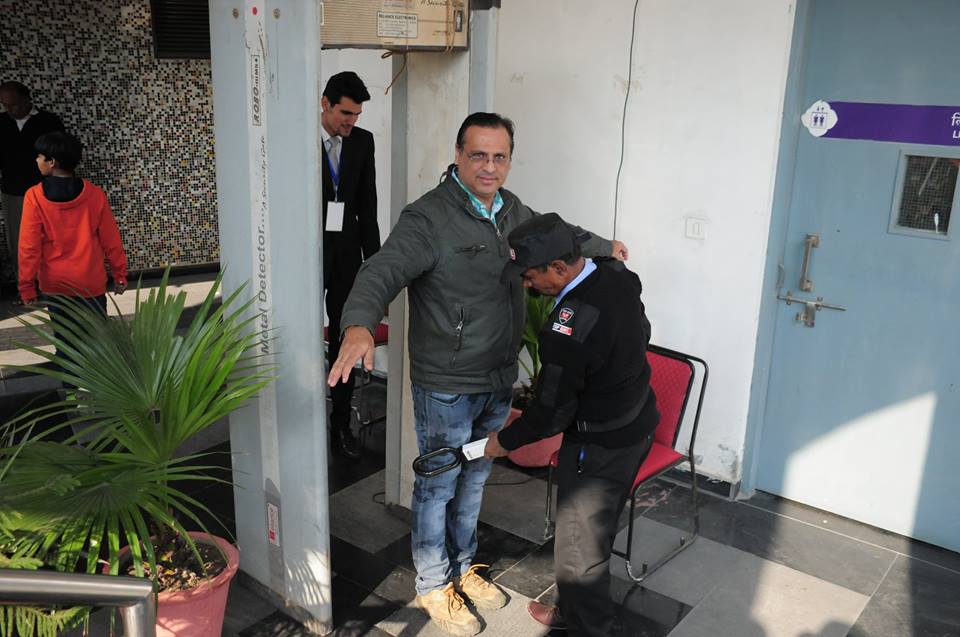
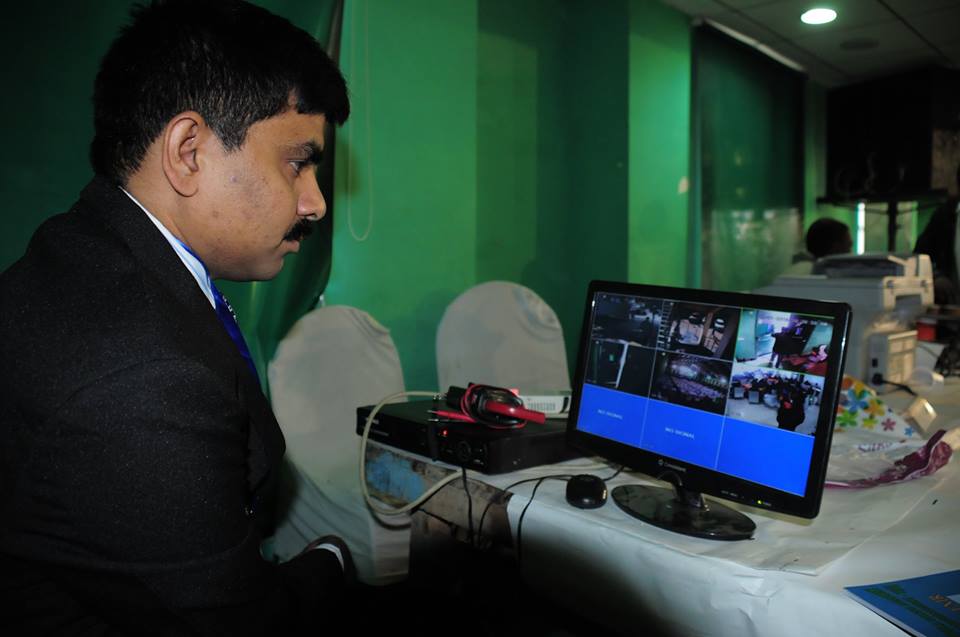
The security was foolproof, or as Mr. Bharat Singh Chauhan puts it, 'we do not want to take any risks.' Bharat Singh Chauhan is a noted International Organiser and the President of Delhi Chess Association. He is also the CEO of the All India Chess Federation (AICF), Deputy President of the Asian Chess Federation, Chairman of the Commonwealth Chess Association, and the Chairman of the FIDE Technical Commission.

To the chessplayers, he is better known as the organiser of the best tournament in India in terms of quality and the prize fund. His meticulous nature is visible by just noting the security arrangements at the tournament venue.
ChessBase India did an in-depth interview (we mean it!) with Mr. Chauhan, who talked about chess in India, the work of AICF in developing chess, his ideas of making chess richer and spectator friendly, nurturing of young talents, entrepreneurship, the economics of chess, chess in schools programme, and more.
In this first part, he talks about his initiation into the world of chess, the early aims and how they went on to achieve it, and his idea to convert chess into a spectator sport.
The Interview:
Let us start from the very beginning. How were you first initiated into the world of chess development?
It was in the late 70s, I went to play National Juniors in Goa and after reaching there I came to know that the tournament has been cancelled. In those days, there were no emails, no mobile phones, and organizers told me they already informed our association that the tournament is cancelled. Then I, actually we were three of us, we travelled all the way in a train toilet for more than two nights. Of course, we were playing chess all the time in the toilet on the suitcases. I was very upset. I was very passionate about chess. I thought if I make something good in my career in general life or if I am able to do good in my life, I will start doing something for chess. And in 1995, I started a real estate business and it was good for me. I made good money and finally decided that now is the time to do something for chess because of that National Juniors episode. It was really upsetting for me back then, but I should say it is good for me. At least, I've met good people in chess because of that incident...
...that incident propelled you into this.
Yes.
So, like 1995, is that when you joined AICF?
No, I think I joined AICF in 2001 or something.
What was the situation of chess in India back then, the situation of AICF? I think Mr. Koya was around at that time.
Things weren't great. I mean even the country had lots of priorities like health, schooling, etc. Sports was not for sure a priority of government at the time. About the federation, I don't want to go into that grey area of what other people did. I like to concentrate what we've done but I know things were pretty bad—if a player who went to participate in a National Junior had to travel two nights in a toilet of a train, you can imagine the situation of the sports that time.
Do you remember like anybody, any person, any anecdotes, incidents which happened when you were coming into AICF which you know helped you a lot?
Actually, there are many incidents — sometimes Indian team is going and they don’t have the clearance. I used to help them to get the clearance from the government. Or sometimes there were no flight bookings, visas. I think those years, I was helping everybody and my philosophy was clear — If you want to become big, you need to help others and you have to think about others welfare. That’s the way I was taking. Most of the players used to come to Delhi and stay in my house. About AICF, in 2000, there was a World Championship match in Tehran and Delhi. Back then, I was not in AICF. Also, this time, Anand qualified, but there was a problem with the live telecast—digital boards and everything was stuck in the Delhi customs a day before the round was to begin. They tried their best and they could not get the things. At the same night, around 1am, I was informed. I tried and used all my channels, and finally, we got the material three hours before the rounds, the FIDE World Championship started.
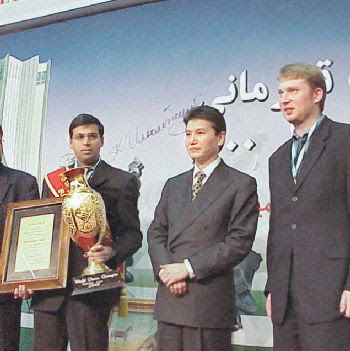
So that made people see your value...
That was one of the incidents but already I was doing many things for so many chess players...
So things were already moving in that direction?
Yes, because you find very few people who work without any interest and all that. Probably, all the people in AICF thought that I’ll be the right choice because I do a lot of work.
So, you started running things?
No, I wasn’t running things, I was joint secretary.
What were your goals for chess in India in general, back then?
Honestly speaking, as a player, I wanted to become a grandmaster. But when I realized I cannot make it so I decided I should work on something for those who wanted to become a GM and they cannot make it because of the facilities or finances. I decided I should help them and AICF was a channel for that. When I joined AICF, my first aim was that the country must have at least 30 GMs. Though it is meagre, it was big at that time. Now we have nearly 40 GMs, but that time it was different. I mean, we have even seen the days when only Manual Aron, was the only International Master we had!
…you grew up in those days.
Yes, so GM means it is a very big thing, IM means it is a big thing, so I thought we should work and create at least some 20-30 GMs our country.
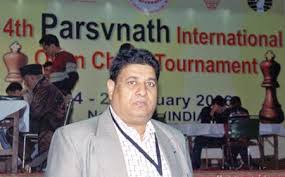
...that was a goal at that time? How did the goals diversify?
Yes. Later on, it shifted towards the younger generation. I mean we decided that our priority should be to focus on the young. The youth is power in chess, because you pick them young, catch them young, and then they can produce results — we can get GMs in big numbers.
So the idea was to get the young players playing, get them interested, hold coaching camps, etc.
Yes, I was also focusing on these few aims. I did some training for few years, like I was training Vishal Sareen and some of the other players when they were young. [Editor's Note: Vishal Sareen went on to become an International Master and a top trainer, and has coached/is coaching a string of Arjuna Awardees.]
Vishal Sareen was your student? Looks like he is passing on the knowledge to other students quite well.
Yes.
So that’s how it worked out. How different were those days in terms of chess knowledge and information systems?
Yeah, you know, in those days things were totally different. We were not in an electronic world. We used to have a lot of books and most of the books used to be published in Europe and in India everybody had to wait for those books. When it finally enters the Indian market, by that time the novelties were already outdated! Probably that was the worst time for Indian chess. So players had to just think and see over the board.
…use your own head. So they were like, despite their talent they were pushed back because of the time lag.
Yes. As soon as the technology was introduced, the first goal, in fact, for all of us in AICF, was to make the best use of the technology and bring the chess literature to our country.
Chess certainly was tough back in those days. So you said you wanted to become a grandmaster. When did you stop playing chess?
See, I still play chess (laughs heartily).
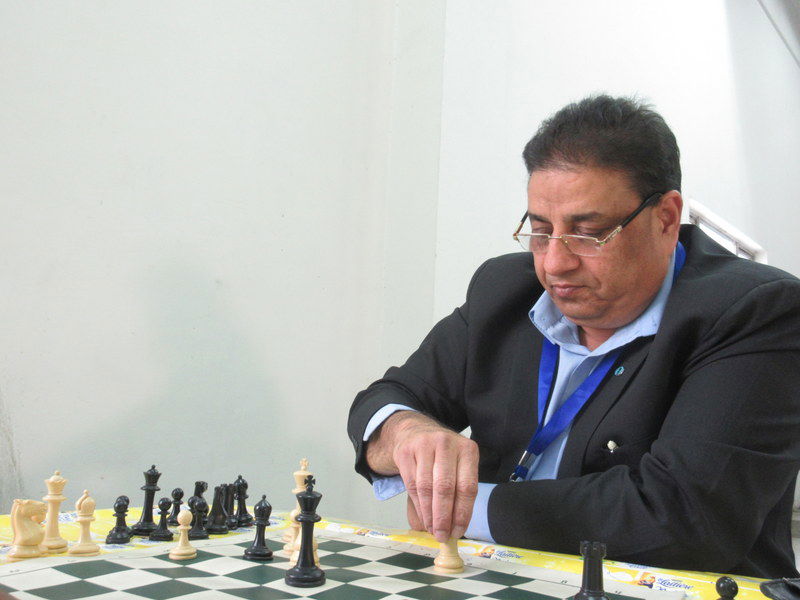
I know that (laughs). But I mean tournaments, you played National Teams in 2014 I think?
I did, but of course, it was for fun. I think the last real competitive tournament I played was the third Parsvnath, some eleven years back.
You played Parsvnath once upon a time?
Yes, and you know it was really funny — you are one of the main organizers and you are also playing. I lost two games just because somebody was coming and asking me to pay the bill, or would come and say 'you have to pay the appearance money to this fellow', etc. I really lost two games. By that time, despite my optimism, I realized that I cannot become a grandmaster. So I was just playing for fun after that. I still play chess, of course. Suppose you have some big tension like you have so many players playing here, it is big, some days, sometimes, some moment you feel very tense. In such situation, the best thing is to just play some skittles and chess with whoever you can find.
To relax?
Relax and then again come back and start working
So this your normal work schedule: play chess, work, play more chess, work.
Yes! Even in my general life, if I have some problems in my business or some problems in my family or something, I always…
...come back to chess.
Yes. I just open my mobile phone and start playing chess.
It makes you feel good.
Yes, that relieves my tension.
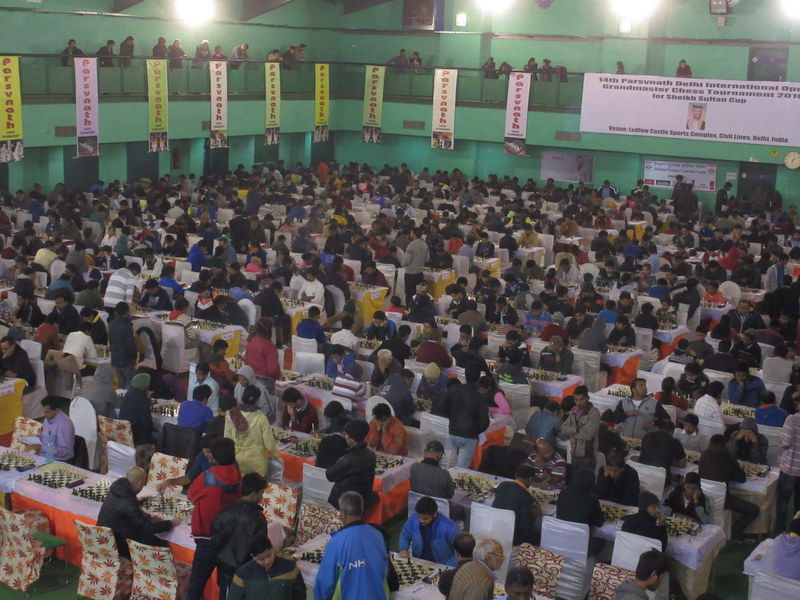
You left because it was getting too much for you. Now, you are organizing this tournament and I think this reflects your legacy. Bobby Fischer died, but he left behind his games which are the present-day monuments of a model game of chess. I think your organization of tournaments — this is you, something you leave behind. Your legacy?
We want to do more and more. I have a target that we should have 1 crore prize money tournament, with more than 5000 players, in the next 3 years. Next year, in 2017, we have already declared Rs. 51 lakhs as the prize money. Now, in 2016, we had more than 1855 players distributed across three categories. I’m sure next year it will go between 2500-3000 players. Then in 2018, we will touch 71 lakhs and after that, by 2019, it will be 1 crore. I am sure that as time rolls by, with this increase in the number of players at the base of the pyramid, the prize fund will go on increasing.
When you started this thing —the Parsvnath tournament, there was one straight tournament, no categories, yes? When did you get this idea to divide the tournament with three equally glittering prize funds of A for the elite players, B for the players below 2000 elo and C for players below 1600 elo?
I’ll tell you: in my honest opinion, this is the basic mantra for developing chess. I don’t know,but there might be some people who may not like this idea because the question pops up that how come a 1600 player can earn almost the same money as a grandmaster? Until a point in time, the entire prize money of the Indian chess, in fact, the entire money in chess was going to the grandmasters — only one bunch of people, the elite players. When we started these categories, the 1600 elo person is getting the same amount like a grandmaster in the prize. You saw that young man got so much money...
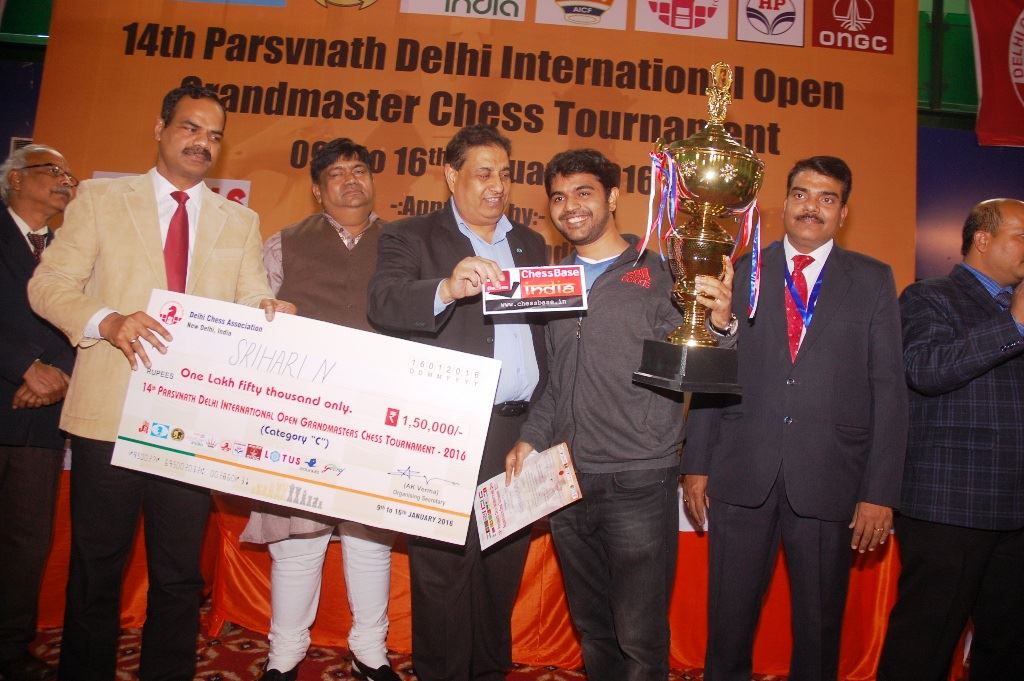
And he was speechless that day!
Exactly. This attracts a large number of chess players, fans who are not rated high enough, to come play chess and compete for real good money. So this is something very good and this was the idea. I thought this was the best way to develop chess because you know giving so much money, lot of youngsters will come and say that 'okay, this is a good career' and you see in this C-category along, there were more than 1000 players (out of the total of 1800 players) playing here. But guess what is the greatest benefit? Most importantly, they are also coming and enjoying the A-category games!
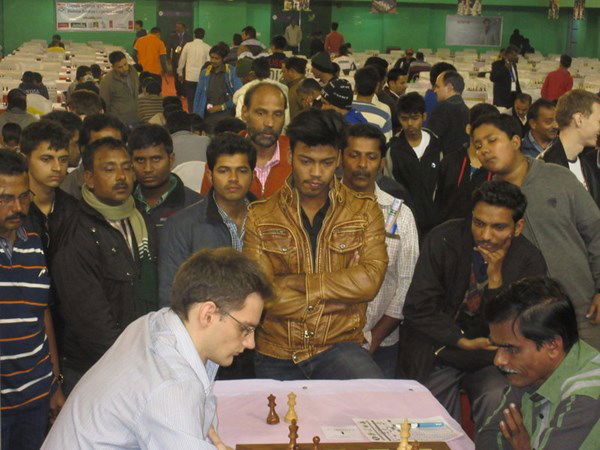
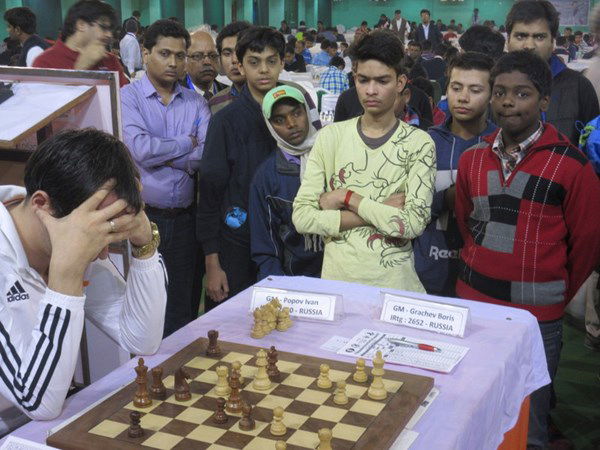
Yes! I mean, chess is normally an indoor game, but if we observe carefully, the Delhi GM tournament is being played in a proper sports stadium, and even then there is a shortage of space. Spectator sport — this is your method to bring spectators to the game of chess?
Yes. (with a triumphant smile) You know very well that people think we don’t have any money in our game we all love so much. It has been tried before, but we cannot expect people to come and watch chess, so we have to really teach them chess, to enjoy chess with attractive prize funds, and they will come and watch but at the same time, they will also play! So we have to widen our base. What is the first step? Distribute the prizes in different categories, a 1600 player cannot think of winning money in lakhs, it’s big money for them! And, I mean, I see lots of grandmasters playing tournaments with total prize money of 10,000 euros or 15,000 euros. Here we have the same 15,000 euros for below 1600 elo and 2000 elo categories as well. So, the money we collect from the lower categories effectively covers the whole tournament's costs and leaves more. And even in that, the money is going to all classes, so more and more people are beginning to play chess tournaments. You know, in this tournament we’ve added 300 new players. 300 players who were unrated and they’ve come here and played. So, basically, in one tournament India is getting 300 new registered players!
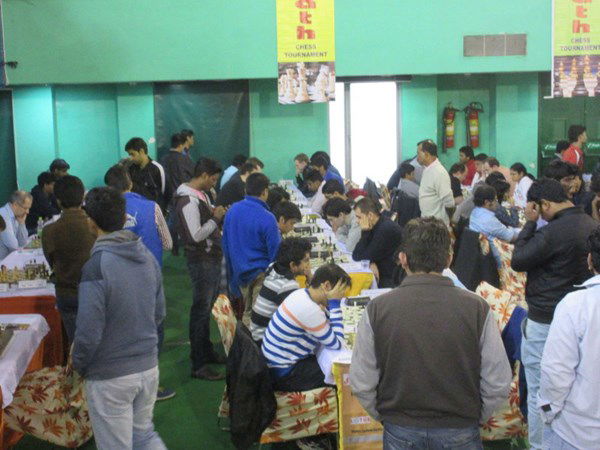
And also, in other words, 300 more spectators, more chess lovers. That’s the whole logic? And when did you start this A-B-C category idea?
Yes (with a smile). I think it was in 2013. We just sit down with a lot of things on agenda and decide the distribution of work. See, my idea is always to support the young people, no matter what. Young people, when they improve, they can become real champions. I was thinking what to do and had a big discussion. I had discussed with my collogues and finally we said, 'okay, we will do this.' Initially, a lot of resentment was there amongst certain people.
I suppose you would not like to name them?
Of course, I don’t want to name them. What happens if you are giving away, say Rs. 35 lakhs, but you are sharing it from the elite category with the lesser player. Of course, the elite won’t be happy. The logic is to give the money to the youngsters, who usually end up winning these category tournaments.
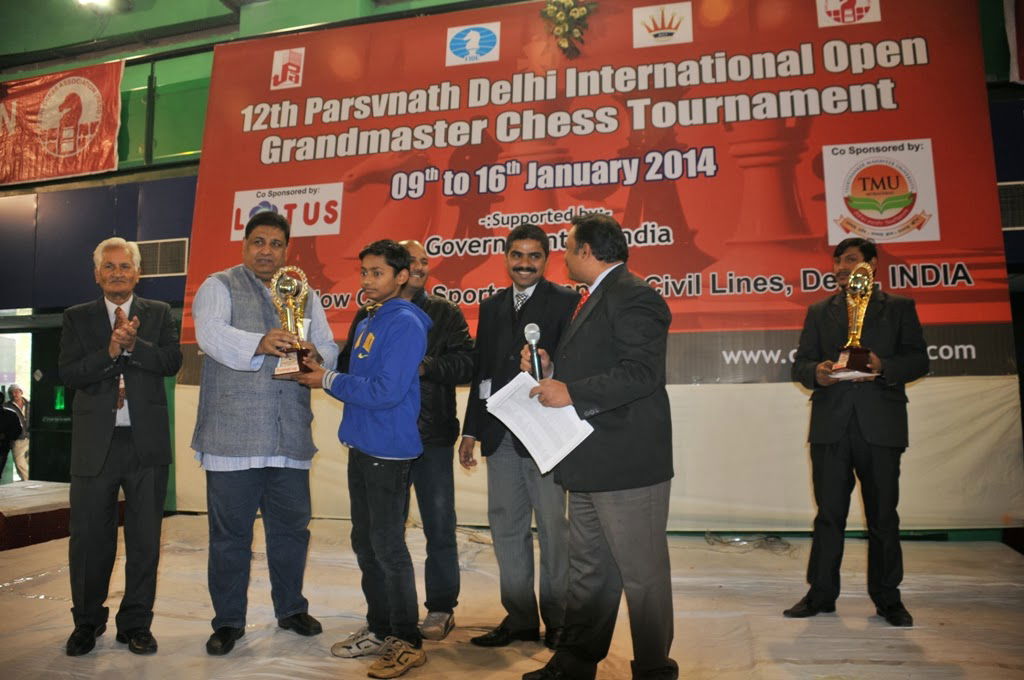
Arguably, these category tournaments help a lot of youngsters in improving their chess as well.
Precisely. I have a theory here: these elite category players, they are already looked after by the government, they have good employment. The younger people, some of them visit the tournament hall with problems and tension in their head. Some of them may be very poor.
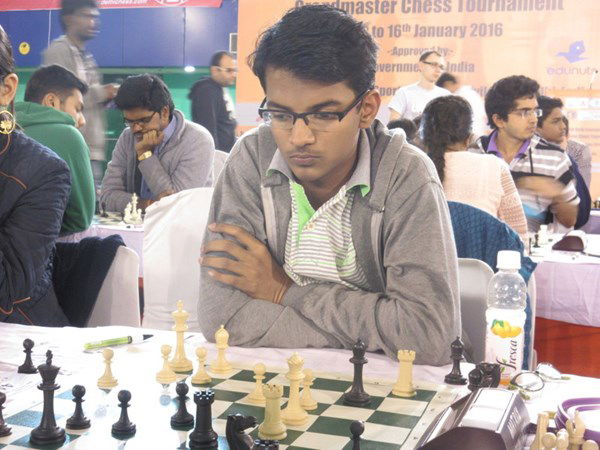
There is a boy named Sammed Shete who was playing here. He started with something like 1700 as a small kid in 2009. He has won very good prize money due to these category tournaments, which he is reinvesting now in bigger tournaments. He is almost 2300 now and that is the result of your idea, I guess.
See, the results are already coming. One more thing, you know what happens in general? You feel you can never be the champion. Suppose me, I can never become a grandmaster, I know that. But I love chess and like to play chess. Suppose I am a player. If I play chess and I cannot win a prize, after some time I may say goodbye. So if we give money to all sections, I will never lose interest in chess and I will be able to compete all the time, despite my other work commitments. It ensures that I stay in touch with the game and keep playing. So you have steady and regular chess players for life.
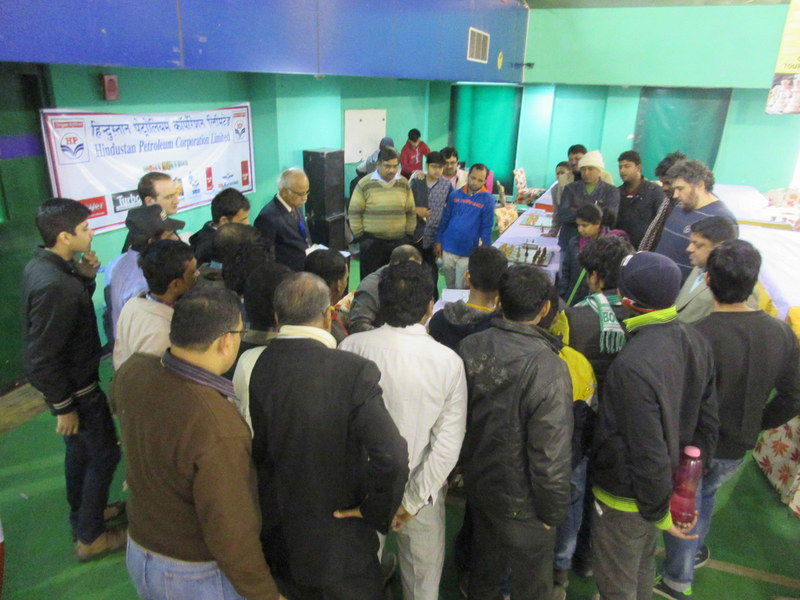
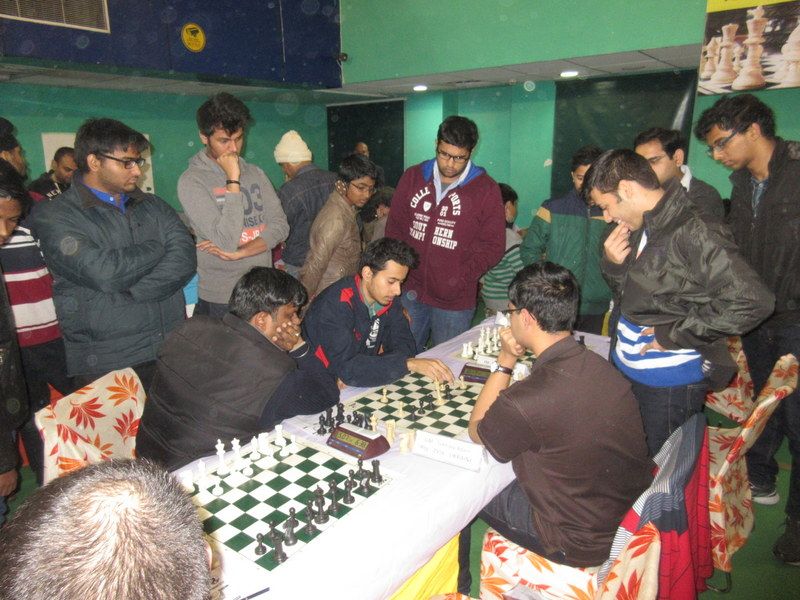
Increasing the spectators and making chess a feasible career choice for the general, younger, chess players with this one maneuver. This is an ingenious idea.
You know, surprisingly, many people have started using this idea.
To be continued soon...

